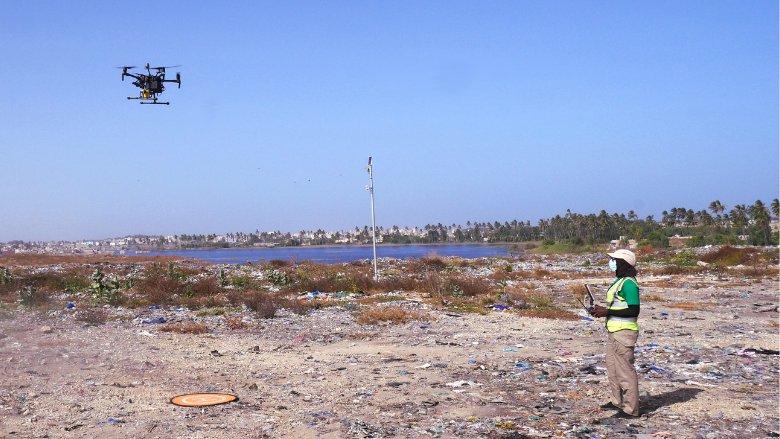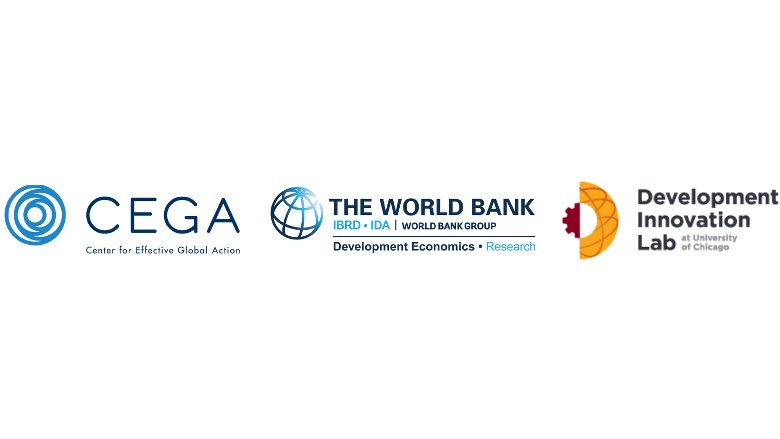Human activity has caused precipitous increases in greenhouse-gas (GHG) emissions, resulting in a one degree warming of average global surface temperatures over the past century. As the planet responds to rising emissions, extreme weather events are expected to become more frequent, distressing both natural and human systems. Researchers and practitioners need innovative analytical tools and data sources to understand how to mitigate the risks and impact of climate change on welfare. COP27 ended with a compromise to create a fund sourced from developed countries to remedy climate change damages in low income and fragile contexts. This adds to the panoply of climate funds and financial tools geared toward broader action on climate change and the commitment of all development institutions to align their financing with the Paris Agreement. To make sure these investments maximize well-being and protect those who are most at risk, we need to assess not only what the damages would be and who would be most vulnerable, but also what mitigation and resilience strategies are most effective.
To this end, the World Bank’s Development Impact Evaluation (DIME) department and Data Analytics and Tools (DECAT) unit, the Center for Effective Global Action (CEGA), and the University of Chicago’s Development Innovation Lab (DIL) will host the ninth annual Measuring Development Conference (MeasureDev). The Mitigating the Risks and Impacts of Climate Change conference will convene researchers at the frontiers of physical and social sciences and decision-makers who influence humanity’s responses to the challenges of climate change. It will showcase innovative data sources and analytical techniques to better monitor emissions and appraise efforts to mitigate their consequences. MeasureDev will feature a series of presentations, panel discussions, and lightning talks on novel applications of mobile data, satellite imagery, remote sensing technologies, and the computational approaches to make sense of the data to provide more granular, frequent, and accurate insights regarding our changing climate and actions to respond. Participants will learn about the frontiers of measurement using these approaches and gain perspectives from leading academic and industry pioneers.
Featured Speakers
 | Stéphane HallegatteSenior Climate Change Adviser, Climate Change, World Bank |
 | Rachel GlennersterAssociate Professor of Economics, University of Chicago |
 | Tamma CarletonAssistant Professor of Environmental Economics, UC Santa Barbara |

